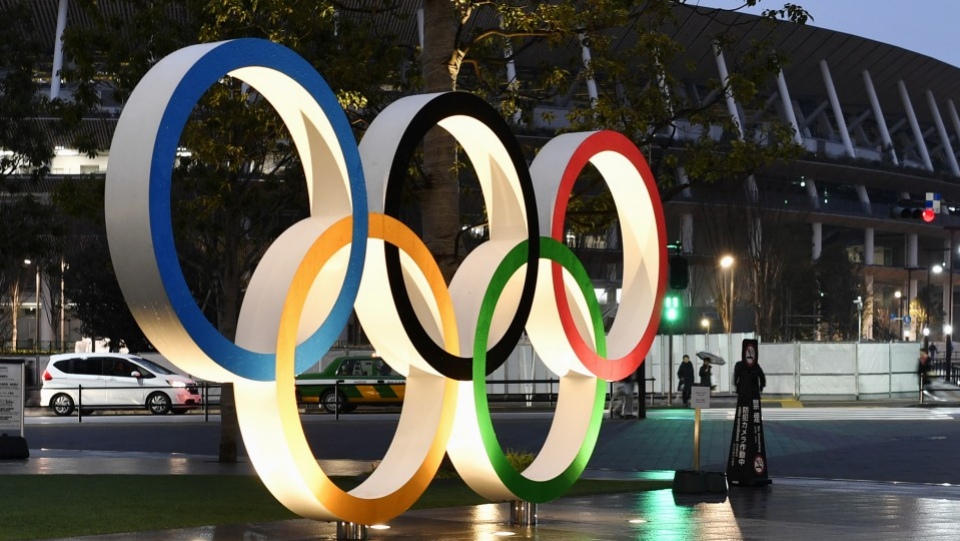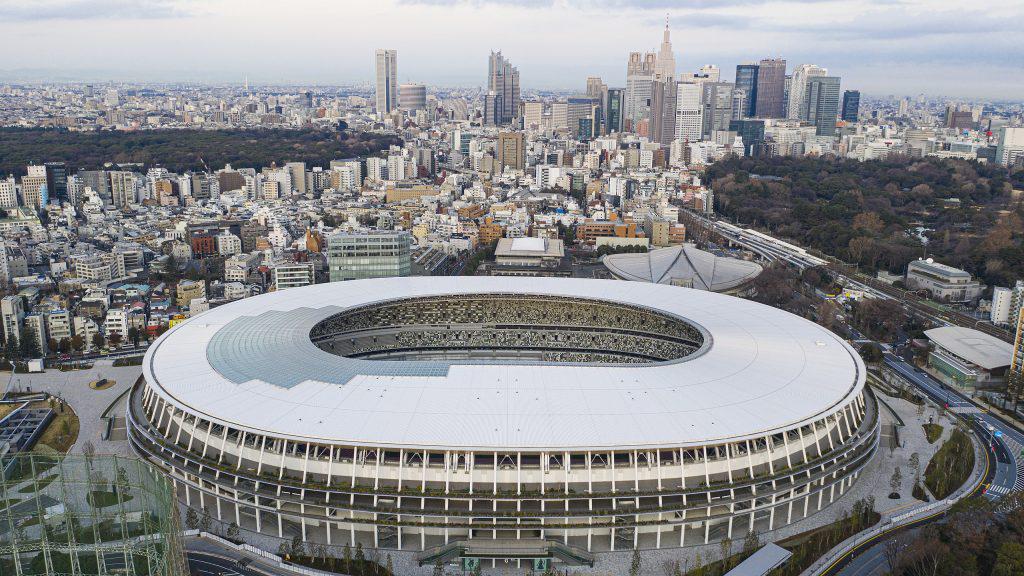It has been agreed upon that spectators from outside of Japan will be excluded from the Tokyo Olympics, which is to be held in 4 months.
This was announced at an online meeting held by the International Olympic Committee, the Japanese and Tokyo government, the International Paralympic Committee and organizers that due to the pandemic, such cautions have to be made.
It is revealed that the majority of the Japanese public are against allowing people to enter the country at this time. 80 percent of the citizens who oppose the Olympics being held, are also against spectators from overseas attending the games.
Around 600,000 tickets for the Tokyo Olympics were sold internationally, outside of Japan. The tickets are said to be refunded, but it is up to the ticket resellers to decide if they will refund the charged fees, which is around 20 percent.
Toshiro Muto, the CEO of the organizing committee stated that organizers of the committee will not be held responsible for monetary losses made on flights or hotel reservations, saying they do not have any contractual agreement with the city.
He also speculated that those ticket-holders may have gotten free tickets from sponsors. “If they are part of the operation of the games and involved in the operation, there is still a possibility they may be able to enter Japan. They will not be allowed to make an entry as spectators to watch the games.”
The missing out on the ticket sales is a big financial loss on the Tokyo Olympics – around $800 million would have been made on ticket sales. Japan is reported to be spending $15.4 billion for hosting the Olympic games – some sources estimate the cost to be double the amount.
This announcement of the current ban of spectators from abroad, was made just days before the torch relay starts from Fukushima, Japan. The relay will last for 121 days, and is to end on July 23 at the opening ceremony in Tokyo.
15,400 athletes will be participating in the Tokyo Olympics and Paralympics. It is not a requirement to be vaccinated before entering Japan, but many of them are expected to be vaccinated. They will be tested for COVID-19 before leaving their countries, on arrival to Japan and tested often during their stay at the Athletes Village, venues or training grounds.
In Japan, 8,800 lives were sadly taken due to COVID-19, so it should be no surprise that they’ve made the decision in order to prevent bigger risks.
–J.Chung.


